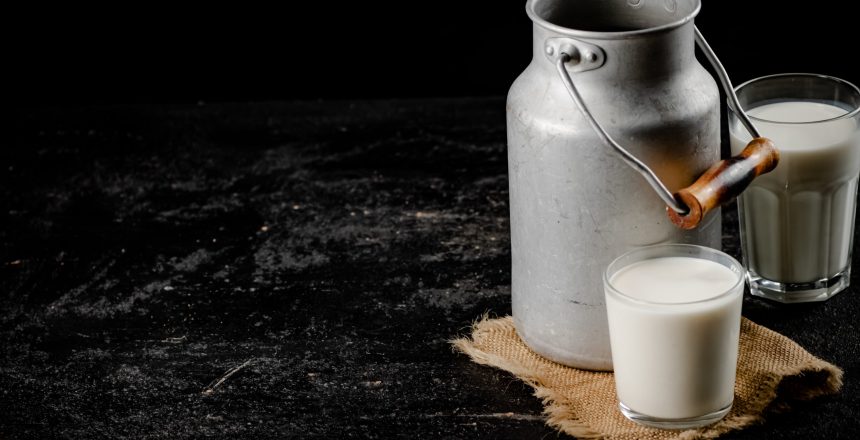In celebration of World Milk Day 2024, the Western Cape Department of Agriculture (DOA) would like to celebrate the dairy industry and acknowledge the critical role of milk as an essential food product and a “food hero”.
During the Covid-19 pandemic, the DOA partnered with the Milk Producers’ Organisation for Project One, donating milk worth R100 000 from its research dairies at Elsenburg and Outeniqua to those in need. Similarly, following the recent George building disaster, milk products valued at R100 000 were donated to the affected families and rescuers, once again demonstrating the Western Cape Government’s commitment to working for its people, especially in times of crisis.
World Milk Day, established by the Food and Agriculture Organisation (FAO) of the United Nations in 2001, highlights the importance of milk as a global food and celebrates the dairy sector. This day, observed annually on June 1st, promotes the benefits of dairy products worldwide, including their role in supporting the livelihoods of one billion people.
The 2023 global campaign saw a 30% increase in engagement, reaching over 1.35 billion people, with more than 324 000 posts from 111 countries. This year’s theme focuses on celebrating dairy’s vital role in delivering quality nutrition globally. Dairy is a crucial nutrient-dense part of balanced diets and should be accessible and affordable worldwide.
Since 1961, global milk production has nearly tripled, reaching 918 million tons in 2021 and 929.9 million tons in 2022, according to the FAO. Cow’s milk is the most widely consumed, followed by buffalo, goat, sheep, and camel milk. Milk is among the top 10 food expenditures for low-income households in South Africa. The South African dairy sector experienced significant growth in 2022/2023, with turnover increasing by 32% to R54.3 billion. An impressive rise in exports boosted the trade surplus, contributing R731 million to the economy.
In 2023, South Africa became a net exporter of dairy products for the first time since 2014, with export volumes 8.0% higher and import volumes 8.4% lower than in 2022. Exports mainly included milk and cream (41%), buttermilk and yoghurt (20%), milk powder (20%), cheese (12%), whey (4%), and butter (2%). Imports consisted of whey (35%), milk powder (30%), cheese (14%), butter (7%), milk and cream (7%), and buttermilk and yoghurt (6%).
Dairy is the fourth-largest agricultural industry in South Africa, with production concentrated in the coastal provinces. The Western Cape, KwaZulu-Natal, and Eastern Cape account for 85.8% of production. With more than 300 farms in the province, the dairy industry in the Western Cape plays a vital role in job creation, with agri-processing emerging as a key sub-sector poised to drive economic growth and address youth unemployment.
We salute our dairy farmers and processors in the Western Cape for their dedication to keeping our food basket full and providing essential supplies during times of need.
Media Enquiries
Mary James
Head of Communication
Cell: 084 817 2376
Email: Mary.James@westerncape.gov.za


